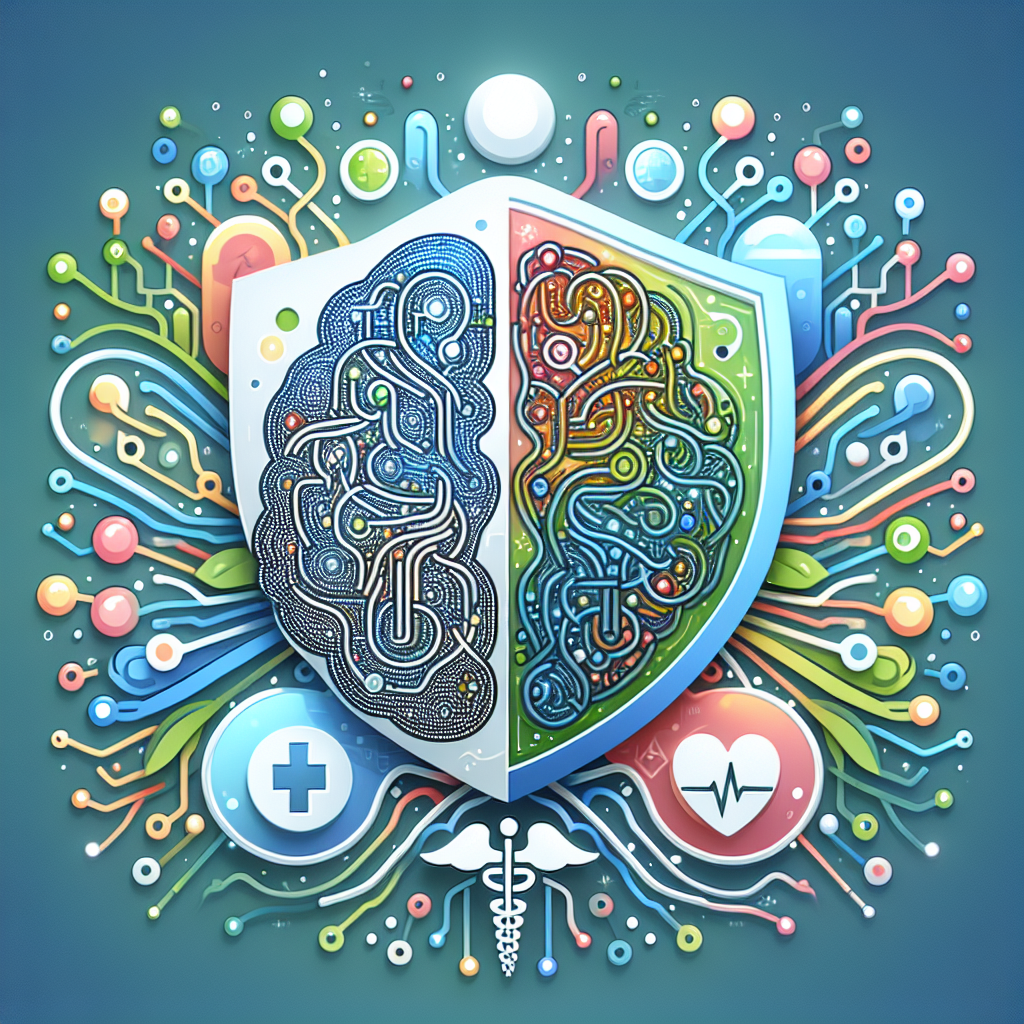Artificial intelligence (AI) is revolutionizing the healthcare industry in many ways, one of which is preventive healthcare. Preventive healthcare focuses on identifying and addressing health risks before they become serious illnesses, ultimately leading to better health outcomes and reduced healthcare costs. AI has the potential to significantly enhance preventive healthcare by analyzing vast amounts of data to predict health risks, personalize treatment plans, and improve patient outcomes.
The Role of AI in Preventive Healthcare
AI has the ability to process and analyze large datasets at a speed and scale that is beyond the capabilities of human healthcare providers. This allows AI to identify patterns and trends in health data that can be used to predict health risks and develop personalized treatment plans. For example, AI algorithms can analyze a patient’s electronic health records, genetic data, lifestyle factors, and other health information to identify individuals at risk for certain diseases or conditions.
AI can also help healthcare providers make more informed decisions by providing real-time, evidence-based recommendations. For example, AI-powered decision support systems can help doctors quickly diagnose and treat patients by providing information on the latest research and treatment guidelines.
In addition, AI can help improve patient engagement and adherence to treatment plans by providing personalized health recommendations and reminders. For example, AI-powered chatbots can interact with patients to provide information on their health conditions, answer questions, and send reminders about medications or appointments.
Overall, AI has the potential to transform preventive healthcare by enabling early detection of health risks, personalized treatment plans, and improved patient outcomes.
Challenges and Limitations
While AI holds great promise for preventive healthcare, there are still challenges and limitations that need to be addressed. One of the main challenges is the need for high-quality data to train AI algorithms. Healthcare data is often fragmented, incomplete, and unstructured, making it difficult for AI algorithms to accurately predict health risks. In addition, there are concerns about data privacy and security, as well as the potential for bias in AI algorithms.
Another challenge is the lack of regulatory guidelines and standards for AI in healthcare. There is a need for clear regulations to ensure the safety and effectiveness of AI technologies, as well as guidelines for the ethical use of AI in healthcare.
Furthermore, there are concerns about the potential for AI to replace human healthcare providers. While AI can enhance the capabilities of healthcare providers by providing data-driven insights and recommendations, it is important to remember that AI is a tool to support, not replace, human judgment and expertise.
Despite these challenges, the potential benefits of AI in preventive healthcare are immense, and with the right approach, AI has the potential to revolutionize the way we approach health and wellness.
Frequently Asked Questions
Q: How is AI being used in preventive healthcare?
A: AI is being used in preventive healthcare to analyze health data, predict health risks, develop personalized treatment plans, and improve patient outcomes. AI algorithms can analyze electronic health records, genetic data, lifestyle factors, and other health information to identify individuals at risk for certain diseases or conditions.
Q: What are the benefits of AI in preventive healthcare?
A: The benefits of AI in preventive healthcare include early detection of health risks, personalized treatment plans, improved patient outcomes, and reduced healthcare costs. AI can help healthcare providers make more informed decisions, engage patients in their care, and ultimately improve population health.
Q: What are the challenges of using AI in preventive healthcare?
A: Challenges of using AI in preventive healthcare include the need for high-quality data, concerns about data privacy and security, lack of regulatory guidelines, and potential for bias in AI algorithms. There are also concerns about the potential for AI to replace human healthcare providers.
Q: How can AI enhance preventive healthcare?
A: AI can enhance preventive healthcare by enabling early detection of health risks, personalized treatment plans, improved patient outcomes, and better patient engagement. AI algorithms can analyze vast amounts of data to predict health risks, provide real-time recommendations, and interact with patients to provide personalized health information and reminders.
In conclusion, AI has the potential to revolutionize preventive healthcare by enabling early detection of health risks, personalized treatment plans, and improved patient outcomes. While there are challenges and limitations that need to be addressed, the benefits of AI in preventive healthcare are immense. With the right approach, AI has the potential to transform the way we approach health and wellness, ultimately leading to a healthier and more empowered population.

